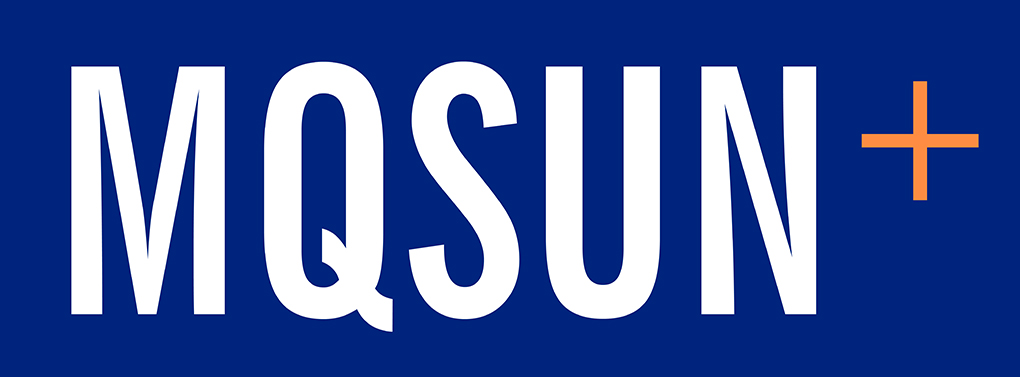The original intent of this scoping exercise was to better understand how a commitment repository for non-state actors—in particular, business and civil society organisations (CSOs)—might strengthen the commitment of non-state actors to nutrition and increase their accountability for progress. A second objective was to imagine what this repository might look like, how it might work and what guidance might be needed, with the assumption that it might be housed within the Global Nutrition Report (GNR). As the piece of work progressed, it became clear that the assumption that a commitment repository for nutrition would achieve these commitment and accountability goals might be flawed. In light of this, the United Kingdom’s Department for International Development (DFID) adjusted the scope of the assignment and asked Maximising the Quality of Scaling Up Nutrition Plus (MQSUN+) to outline some alternative options that arose during the research.
Interviews and research revealed a lack of evidence that existing commitment mechanisms—in particular, voluntary commitment and reporting mechanisms—may not achieve the aims of increased commitment and accountability, as well as action. The following factors made it unlikely:
- The relevance of commitments to the areas that governments and CSOs would like to see business progress on is often a challenge.
- Voluntary targets are seldom stretch targets, and they are seldom SMART (specific, measurable, achievable, relevant and time-bound).
- Reporting rates are often—but not always—low and reporting is rarely outcome-focused—making gauging progress difficult.
- Trendspotting. Hundreds of diverse voluntary commitments make tracking big-picture trends difficult—making the systemic changes needed hard to identify.
- Commitments as a fig leaf. Voluntary commitments can act as a fig leaf for unsavoury business practices.
- Incentives for both CSOs and businesses to participate in another voluntary commitment mechanism are unclear, which is particularly true for businesses.


